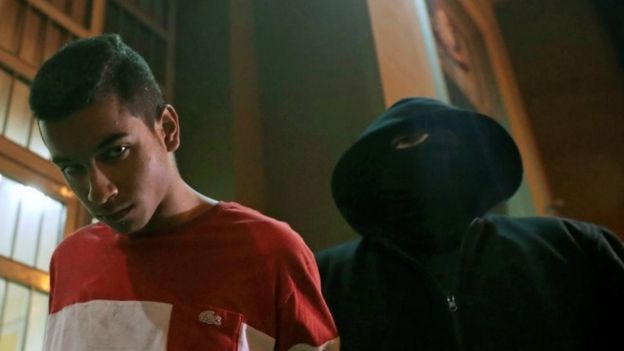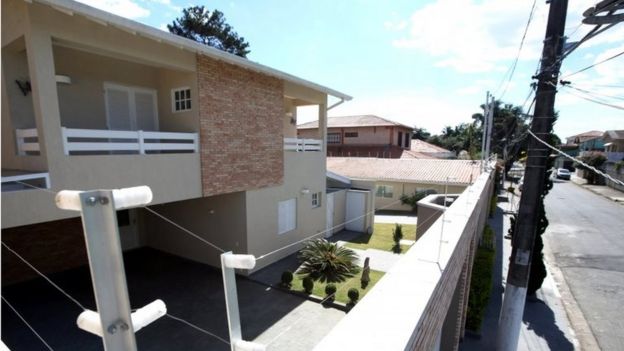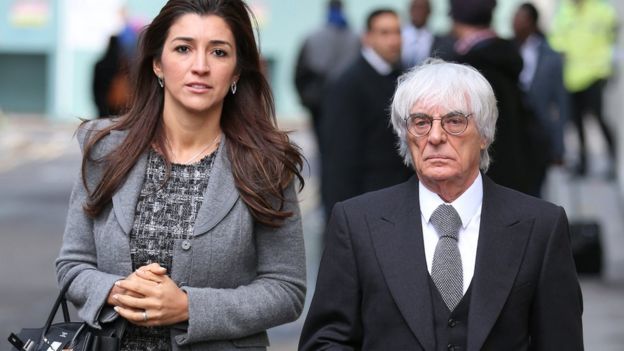
This article is more than
9 year oldAparecida Schunck, 67, the mother of Mr Ecclestone's wife Fabiana Flosi, was abducted from her Sao Paulo home on 22 July.
A ransom of $36.5m (£28m) was demanded, but none was paid, according to Elisabete Sato of the Sao Paulo police.
Ms Sato told the BBC there was a major police operation to free the victim.
Two suspects were arrested and the victim was not injured.
Ms Schunck was freed after being traced to a house near Sao Paulo after investigators monitored phone calls between the kidnappers and her family, police say.

Shortly after she was freed, Ms Schunck told Brazilian media: "I only ask for these bandits to be jailed so they can't abduct anyone else in Sao Paulo."
The house where Ms Schunck was held for nine days is located in a poor neighbourhood of the town of Cotia and is divided into five flats.
The owner of the house, who lived in one of the flats at the back of the building, said his wife had not stopped crying since she had found out that Ms Schunck had been held "right under our noses".
The owner said one of the suspects arrested on Sunday had started renting the flat three months previously and had told him he worked nightshifts.
He said he had recently gone to the one-bedroom flat to check on the state of the kitchen but had been told by his tenant: "Don't go in there, my girlfriend is in there."
Residents described how police broke down the door to the garage the suspect had rented along with the flat and entered the property on Sunday evening.
An unnamed police officer told local media they found Ms Schunck "tied up" but otherwise unharmed.

The BBC understands that Mr Ecclestone had wanted to come to Brazil to help in the investigation and had even offered the services of a private security company to deal with the kidnappers.
But Brazilian police told him that his presence in Brazil might be counterproductive and advised him and his wife to remain in the UK.
Mr Ecclestone, 85, is one of the most powerful men in sport and is worth an estimated $3.1bn.
He married Ms Flosi, 38, in 2012, three years after meeting her at the Brazilian Grand Prix.

The kidnappers had reportedly demanded that the ransom be paid in pounds sterling and divided into four bags of cash,
Such a relatively peaceful ending to a kidnapping with no money being paid is a rare, successful outcome, the BBC's Wyre Davies in Brazil reports.
Wealthy families often pay all or part of a ransom to free captives, fearing that if they do not the situation could end in tragedy, our correspondent adds.
Kidnapping was common in Brazil a decade ago, with Sao Paulo seeing an abduction every 27 hours in 2002, but declined after police formed a special anti-kidnap division and cracked down.
More common now is the practice of "express kidnapping" where people are sometimes abducted off the street and driven to a series of ATMs until their accounts are emptied.